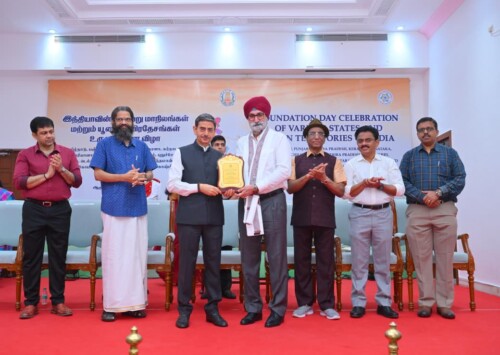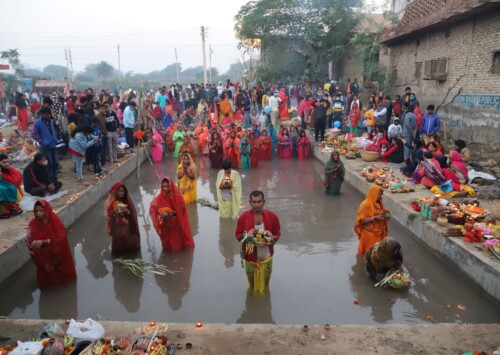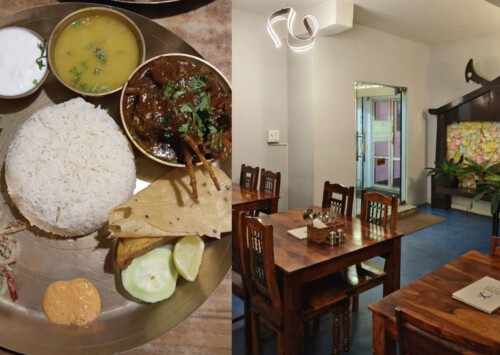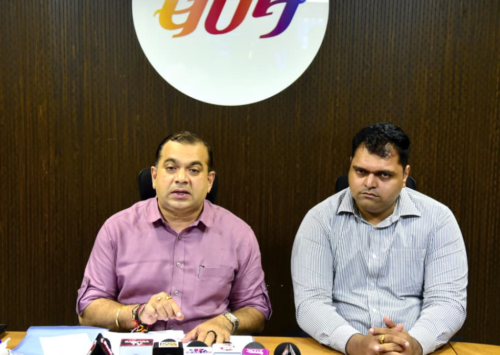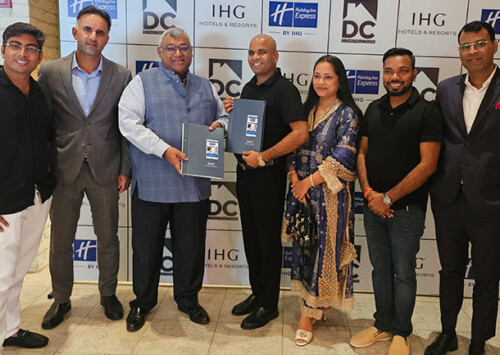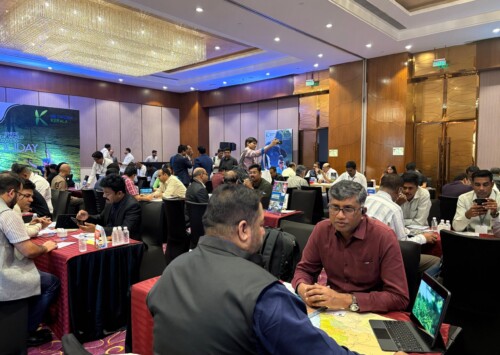H-1B visa row: US governor calls programme scam
India faces criticism, workers’ future uncertain
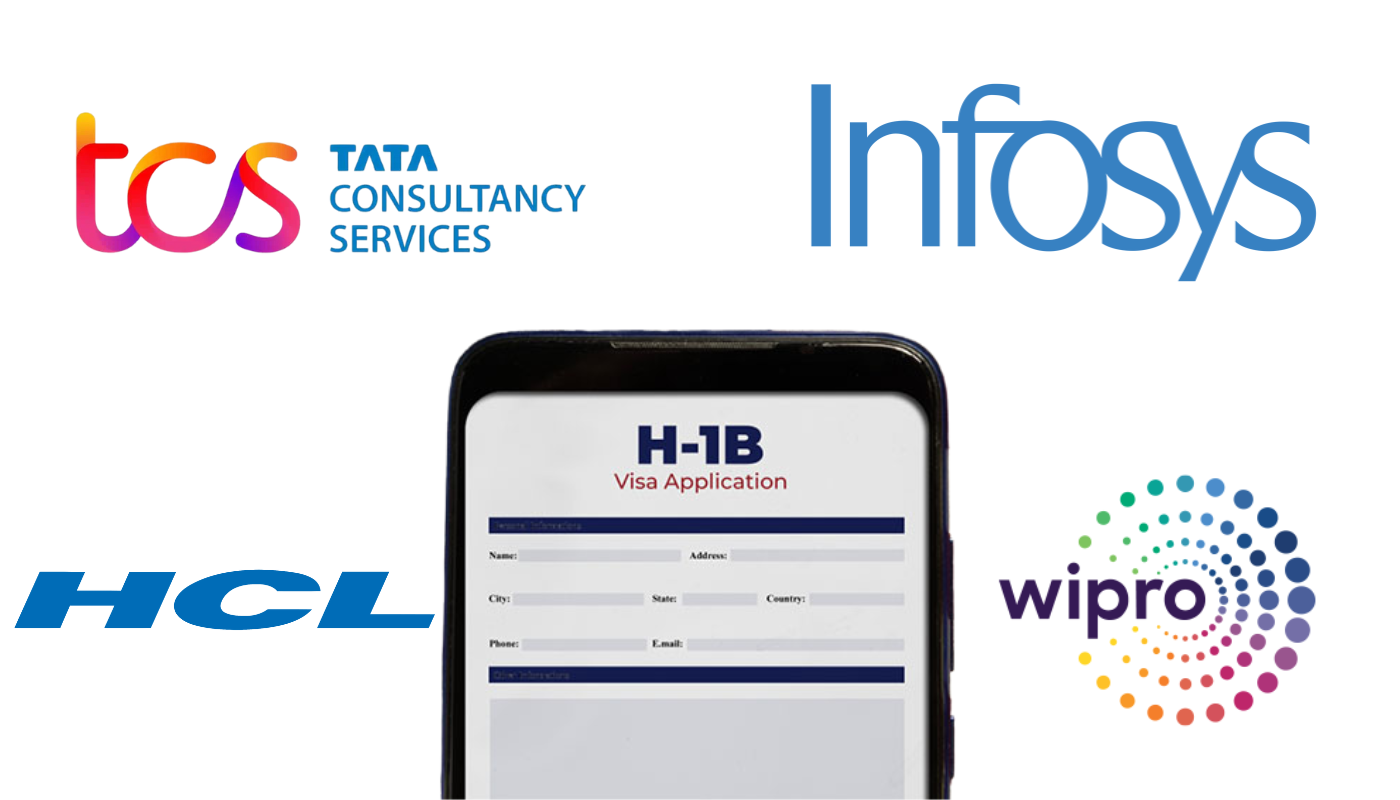
H-1B visa programme is supposed to bring highly skilled foreign workers to fill specialised roles in American companies, especially in tech
India has long been the largest beneficiary of the H-1B visa programme, that allows for highly skilled professionals to be hired by companies in the United States. However, the easiest route to the much-vaunted green card, is facing rising threat as the Donald Trump presidency threatens to abolish the H-1B visas entirely.

H-1B visa programme is supposed to bring highly skilled foreign workers to fill specialised roles in American companies, especially in tech
Hundreds of Indian IT companies and hundreds of thousands of Indian IT professionals working in the United States owe their success to the H-1B visa programme, a ‘lottery’ that offers the most convenient and fastest route to a US green card, granting permanent residency in the land of opportunities.
Over the past few decades, millions of Indians have come to aspire for the visa which has been disproportionately handed out to Indian techies, thanks to their skills and competitive wages.
But the golden goose is facing an existential threat as a number of powerful members of the coterie surrounding US President Donald Trump have made critical remarks about the visa which ‘steals’ American jobs from American citizens.
Most recently, the visa was slammed as a “total scam” by Florida Governor Ron DeSantis, who criticised the way the programme is currently utilised, particularly by Indian workers and companies.
This sharp condemnation drew widespread attention given that Indians make up roughly 70-75 pc of all H-1B visa holders in the US. The programme, which is supposed to bring highly skilled foreign workers to fill specialised roles in American companies, especially in tech, is now under intense scrutiny amid calls for reform or overhaul.
Data from fiscal year 2025 shows US Citizenship and Immigration Services (USCIS) received over 423,000 eligible H-1B registrations, but only 85,000 visas were available under the annual cap, resulting in a mere 20 pc approval rate. Among these visas, Indians dominate the count, consistently constituting about three-fourths of approvals.
Interestingly, the odds of receiving an H-1B visa in 2025 were roughly 21.8 pc, reflecting the stiff competition for limited slots. Despite this, about 240,000 H-1B visas were renewed last year, hinting at a significant population sustained under the programme.
DeSantis criticised the programme for being exploited by companies that lay off American workers yet heavily rely on H-1B visa holders, mostly from India, to fill those vacancies.
He highlighted how it is not the ‘cream of the crop’ talent the programme was supposed to attract, but often cheaper labour. This aligns with statements by other Republicans and Trump administration allies who argue the visa system needs revamping to prioritise American workers without stifling legitimate foreign talent inflow.
The programme has long been a pathway for Indian engineers and technology professionals seeking opportunities in the US, but with rising political pressure and possible reforms, many fear a reduction in visa availability and tougher scrutiny for Indian applicants.
“While the programme has certainly created opportunities for many Indian professionals abroad, it is important to acknowledge the fine line between genuine opportunity and potential exploitation. I believe the system should not be seen in absolute terms as being fully positive or entirely problematic; rather, it functions within a broader, more complex ecosystem that impacts both immigrant and local workers,” Manish Sharma, a Software Engineer based in New Jersey, tells Media India Group.
Sharma emphasises that the real challenge lies in striking the right balance. “On one hand, the programme must continue to remain accessible to skilled professionals from India and other countries who contribute significantly to innovation and growth in the United States. On the other hand, reforms are necessary to ensure that American workers are not left at a disadvantage or unfairly sidelined in the job market,” Sharma adds.
But not every Indian-origin person is defensive about the visa and some agree with the critics of the system and say that it may indeed be exploited by companies to find cheap workforce for high skills. One such critic is Rahul Iyer, a Senior Coding Executive living in Washington DC, points out the structural flaws of the programme.
“The H-1B system was meant to drive innovation, but in many cases, it has been turned into a business model where consulting firms exploit the rules to drive down wages. This not only hurts American professionals but also places an unfair pressure on immigrant workers, many of whom, particularly from India, accept difficult work conditions because their residency status depends entirely on the employer. Such dependency creates a power imbalance,” Iyer tells Media India Group.
“If reforms create stricter entry barriers, the Indian diaspora will be the most affected. We could see fewer opportunities for fresh graduates hoping to work in the US, increased job insecurity for current workers and potentially a reverse migration flow of skilled talent back to India. While this may strengthen India’s talent pool, it also disrupts countless families who have built their lives around the H-1B pathway,” he adds.
For Indian workers, this crackdown may lead to reduced visa availability and a tougher process, increasing uncertainty and job insecurity. At the same time, it could prompt a reassessment of career choices, with some potentially considering returning to India or pursuing alternative visa routes like investment-based visas, which have seen a rise in applications from India.
India’s preparedness to absorb any returning diaspora professionals amid this turmoil is mixed. On one hand, India’s IT sector has been working on expanding domestic opportunities, evidenced by less reliance on immigrant labour and increased local hiring in recent years.
If indeed new H-1B visas are heavily curtailed or scrapped altogether, the timing could not be worse for Indian companies and IT professionals as most companies have gone slow in fresh hires, turning to Artificial Intelligence to fill some basic jobs and culling staff, as was the case with Tata Consultancy Services (TCS), the largest Indian IT firm, which fired over 12,000 personnel recently, taking the total number of job losses to over 50,000 in the past one year.
As economic tensions between India and the US rise, following the imposition of 50 pc import tariffs on Indian goods, chances that Trump may take some knee-jerk actions on H-1B visa too are rising, sending shivers down the spines in Bengaluru and Mumbai, alike.

